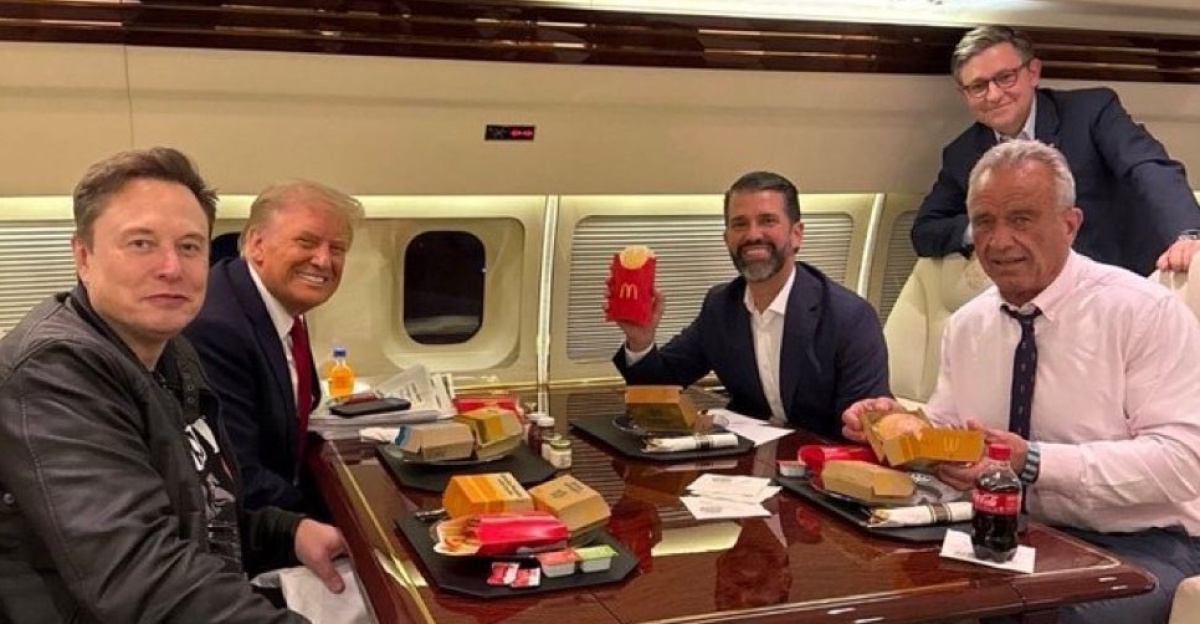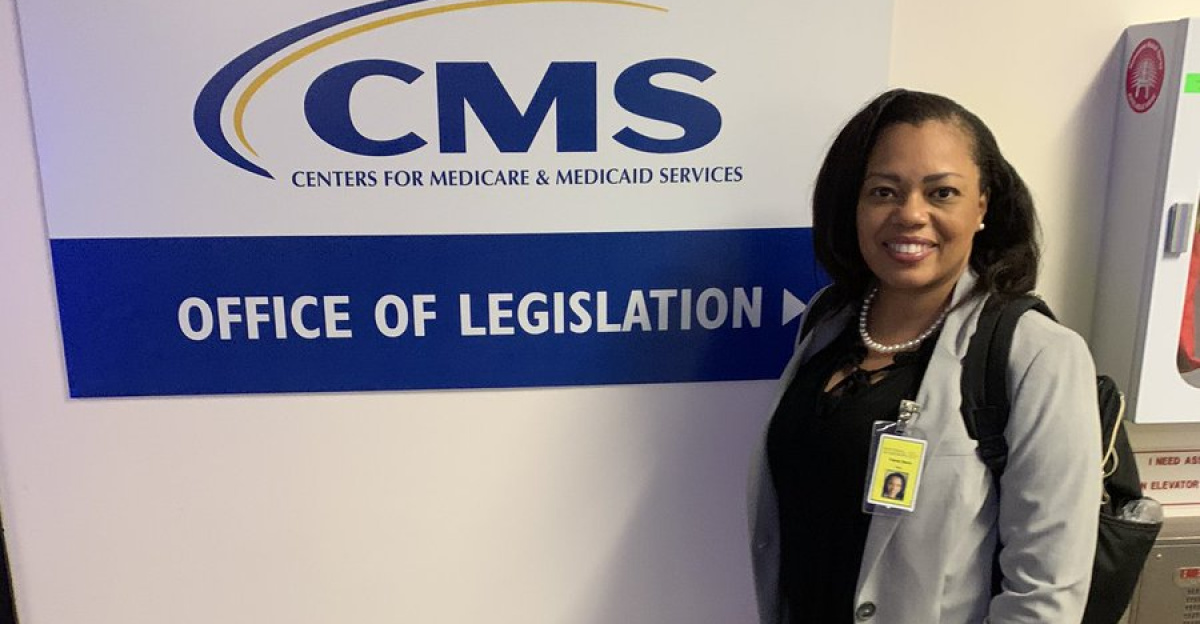
Robert F. Kennedy Jr., the U.S. health secretary and the leader of the “Make America Healthy Again” (MAHA) campaign, recently praised Mom’s Meals, a business that delivers medically tailored, pre-cooked meals to struggling Americans.
The twist? These meals, branded as “additive-free” and healthy, are actually ultra-processed, full of additives, sugar, and sodium, and far from the whole-food ideal Kennedy has championed.
The blowback was quick, but the real tale is how this one endorsement set off a domino effect, revealing the sticky web of health, politics, and food in America.
The Endorsement That Crumbled

As reported by The Guardian, RFK Jr. recently praised Mom’s Meals for providing healthy meals to Medicaid and Medicare patients on his MAHA tour, stating that the company is “one of the solutions for restoring health to our nation.”
However, this shining endorsement crumbled when AP News reported that these $7 meals actually contain chemical additives, according to Marion Nestle, a nutritionist at New York University and food policy expert.
The surprise wasn’t the endorsement, but the disparity between Kennedy’s praised and the reality of what Mom’s Meals actually offers.
The Source of the Controversy

Kennedy’s praise of Mom’s Meals was premised on their claim of being “additive-free,” as they don’t use certain synthetic dyes and banned substances, and their role in nourishing the sick and the elderly.
But investigative reporting by AP News, which had the company’s menu reviewed by experts, revealed that these meals are heat-and-eat, ultra-processed food—precisely the kind of food Kennedy has deplored for decades as the cause of America’s health woes.
Nutritionists, such as Nestle, found that many meals were high in sodium, sugar, and saturated fats, according to AP News, which sent a wave of skepticism and confusion throughout the public.
Public Reaction and the Healthy Eating Campaign

For Kennedy’s supporters and champions of his nutritional crusade, this endorsement was something of a letdown. His campaign has rallied suburban “MAHA” mothers and nutritional activists against processed food, but now he was found to be promoting a company whose meals contain the very “junk” he’s been known to criticize.
Online, the debate quickly turned personal with some supporters sharing their feelings of betrayed and others scrambling to defend the move.
Science Weighs In: What Makes Mom’s Meals Ultra-Processed?

Experts, like NYU’s Marion Nestle, reviewed Mom’s Meals and found them packed with industrial additives, high sodium, and ingredients you’d never see in a home kitchen. As reported in The Guardian, Nestle explained: “It’s the texturizers and even the natural colors… put into foods to make up for the fact the ingredients aren’t fresh.”
A spokesperson for Mom’s Meals stated that “Mom’s Meals does not produce any meals containing ingredients commonly found in ultra-processed foods,” however, their meals still fit the scientific definition of ultra-processed as they’re engineered for shelf life and convenience, not health.
So What Makes Food “Ultra-Processed”: Knowing What to Look Out For

According to a study by Michael J Gibney, from the Institute of Food and Health, University College Dublin, ultra-processed foods are made with substances that are extracted or derived from foods—like sugars, oils, fats, and starches—and combined with additives such as preservatives, colorings, and flavorings.
They often contain five or more ingredients, many of which you wouldn’t find in a home kitchen, and are engineered for taste, shelf-life, and convenience rather than nutrition.
So, when determining whether your ready-made meal is actually ultra-processed food, look for ingredients such as maltodextrin, aspartame or sucralose, mono- and diglycerides or carrageenan, high-fructose corn syrups, hydrogenated oils, and artificial colors and flavors like Red 40 or Yellow 5.
The Backlash Against Ultra-Processed Foods: A Clash of Values

The backlash against Kennedy’s endorsement is part of a larger trend: Americans are increasingly wary of ultra-processed foods and seeking whole, minimally processed foods.
Kennedy’s campaign has been one of the leading drivers of the shift, making his endorsement of Mom’s Meals all the more jarring. The controversy has created even louder calls for more transparency and higher standards in what is labeled “healthy”.
Real Voices: Stories from the Front Lines

On social media and online forums, customers have described disappointing experiences with the company, with some complaining of small portions, unusual flavors, and “bioengineered” ingredients.
While some praised the company for its convenience for individuals with medical conditions, most were disillusioned with the health claims and quality disparity between self-pay customers and those on Medicaid and Medicare plans.
Lawmakers and Industry: The Policy Ripple

RFK Jr.’s “Make America Healthy Again” campaign aims to overhaul the nation’s food system, targeting chronic disease by rooting out ultra-processed foods, banning synthetic dyes, and tightening regulations on additives.
As reported by AP News, lawmakers, inspired by Kennedy, are advancing restrictions on food additives and junk food purchases. But as the industry responds with reformulations, critics warn that real change requires broad, sustained collaboration beyond quick policy fixes.
Why Ultra-Processed Foods Dominated—and at What Price

Ultra-processed food has become widespread because it’s an economic byproduct: it’s cheap, easy, and economical to make in bulk. But the cost to health and well-being is immense, as these foods are linked with chronic disease, obesity, and diabetes.
Kennedy’s endorsement inadvertently highlighted how common ultra-processed foods are—and why it’s so hard to escape.
The Lasting Ripple: Rethinking Health, Trust, and Food

RFK Jr.’s endorsement wasn’t merely a political misstep—it was an eye-opener for us all, forcing us to really look at our definition of what “healthy” food is. As the ripple effects of this event keep rolling, we find ourselves thinking twice about our relationship with food, our trust in public figures, and the institutions that control our plates.
In the end, the real power lies in being informed consumers and demanding better quality for ourselves and our loved ones.
